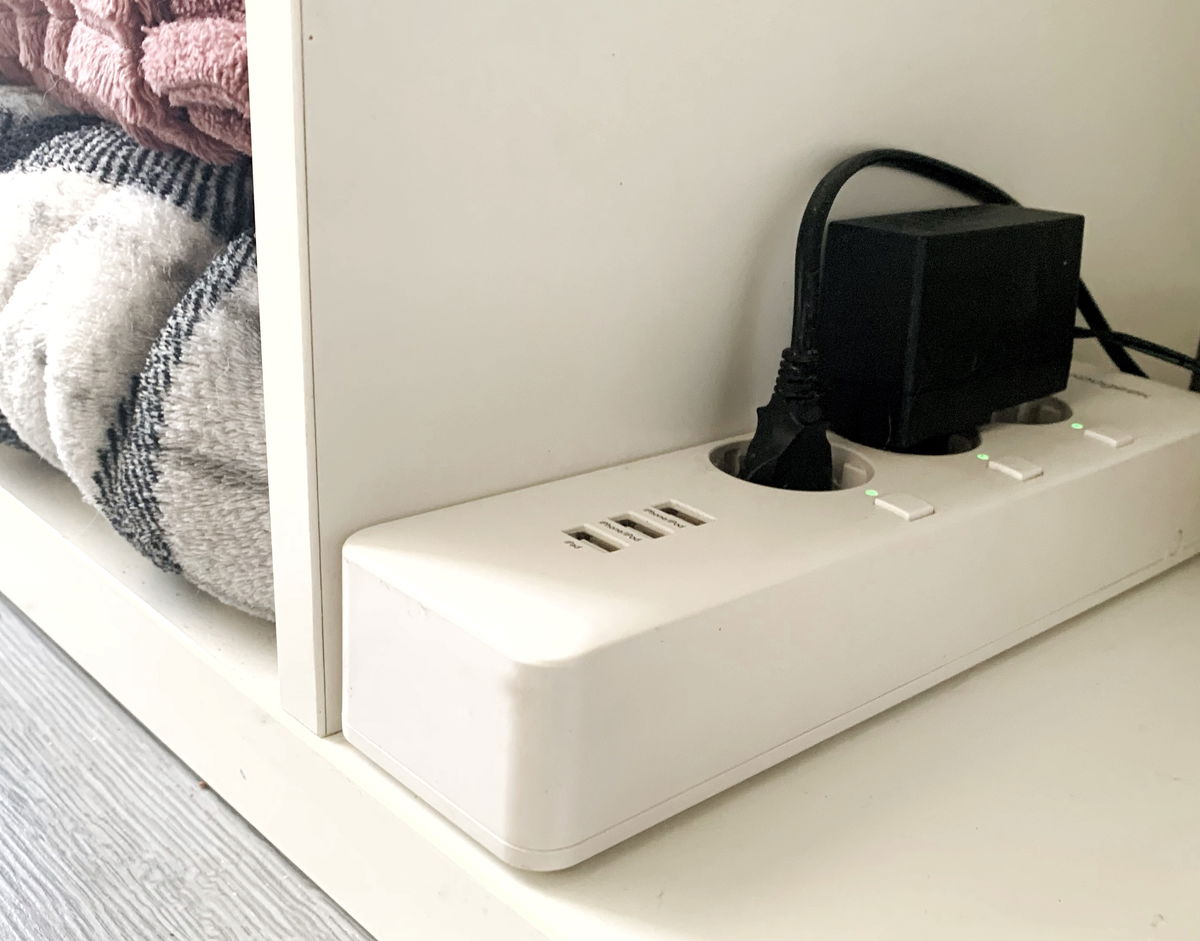Laboratory-created brain models, known as organoids, reflect key features observed in patients with DLB. A team of scientists led by neuroscientist Na Zhao identified four potential drug compounds that could form the basis of treating the disease. The results of the study were published in the journal Science Advances.
The lack of effective models to study DLB makes the development of treatments difficult. In the study, scientists used stem cells from patients with DLB who had extra copies of the SNCA gene, which is responsible for the formation of the alpha synuclein protein that contributes to symptoms of dementia.
The results show that mini-brains can mimic disease progression and serve as a platform for testing personalized treatments.
Source: Ferra
I am a professional journalist and content creator with extensive experience writing for news websites. I currently work as an author at Gadget Onus, where I specialize in covering hot news topics. My written pieces have been published on some of the biggest media outlets around the world, including The Guardian and BBC News.










